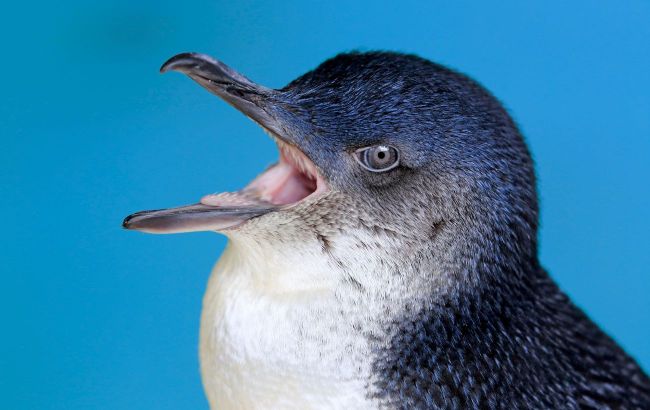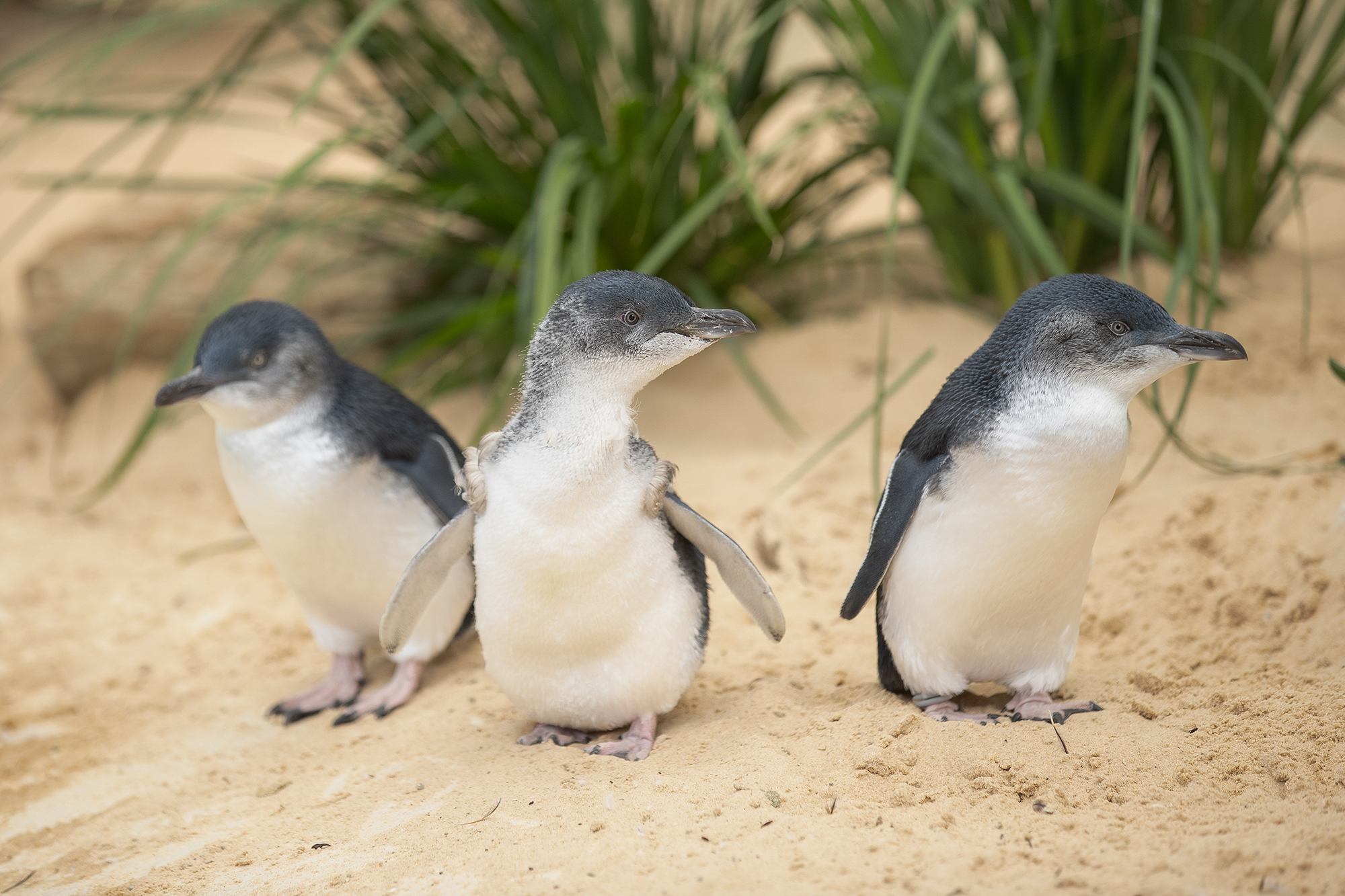How lifestyle of Australian penguins affects their population
 Australian penguins Eudyptula minor - cheaters in avian marriage (photo: GettyImages)
Australian penguins Eudyptula minor - cheaters in avian marriage (photo: GettyImages)
A small colony of penguins in Australia has been struggling with a high rate of divorces among its members. However, research findings suggest that these divorced penguins may have more offspring if they find better partners.
This discovery sheds light on how infidelity in the avian marriage can impact the Eudyptula minor penguins, according to Live Science.
There is a common misconception that penguins choose their partners for life, but their breeding behavior is much more complex and varies depending on the species.
For example, the little penguin (Eudyptula minor) often returns to the same partner each breeding season. However, some of them abandon their partners in search of new ones, a phenomenon known as penguin divorce.
Interestingly, this process affects the health of the population. A recent study published in the journal Ecology and Evolution found that divorce rates are a good indicator of the overall health of the colony.
The research team, led by scientists from Monash University in Australia, examined how ecological and social factors, including divorces, impact reproductive success over 13 breeding seasons on Phillip Island in Australia, which is home to 37,000 little penguins - the largest colony in the world.
According to the study, divorce (or the lack of it) is the best predictor of reproductive success, as seasons with lower divorce rates produce more offspring. However, this doesn’t mean that all loving pairs were faithful.

Australian penguins often cheat on their partners (photo: GettyImages)
"In good times, they largely stick with their partners, although there's often a bit of hanky-panky happening on the side," study co-author Richard Reina, head of the ecophysiology and conservation research group at Monash University in Australia.
"However, after a poor reproductive season they may try to find a new partner for the next season to increase their breeding success," added the scientist.
Researchers believe that penguins divorce for various reasons, including reproductive failures and ecological stress, which can make penguin pairs less stable.
In the long run, divorce can increase reproductive success by allowing penguins to find partners with better compatibility.
However, problems arise for the colony when many penguins divorce during one season. Divorced penguins are forced to spend a lot of time searching for partners and courting, which delays reproduction.
The team documented nearly 250 divorces from around 1000 pairs, with the divorce rate being higher during less productive breeding seasons and lower during more productive ones.
According to the scientists, there is also the risk of reduced reproductive efficiency in the early stages of forming a new pair. In other words, new pairs don’t reproduce and produce offspring as well as pairs that have spent more time together.

